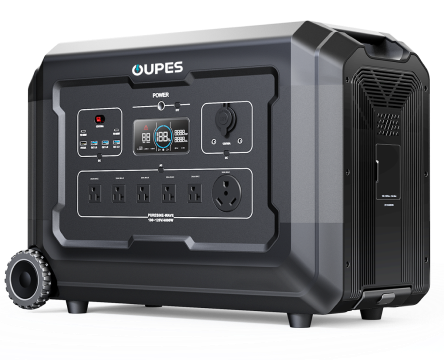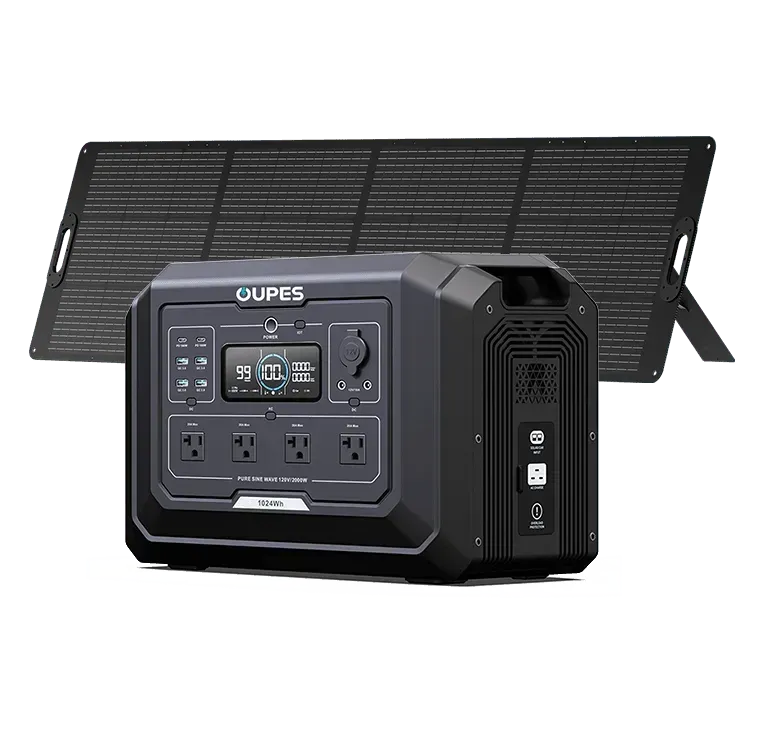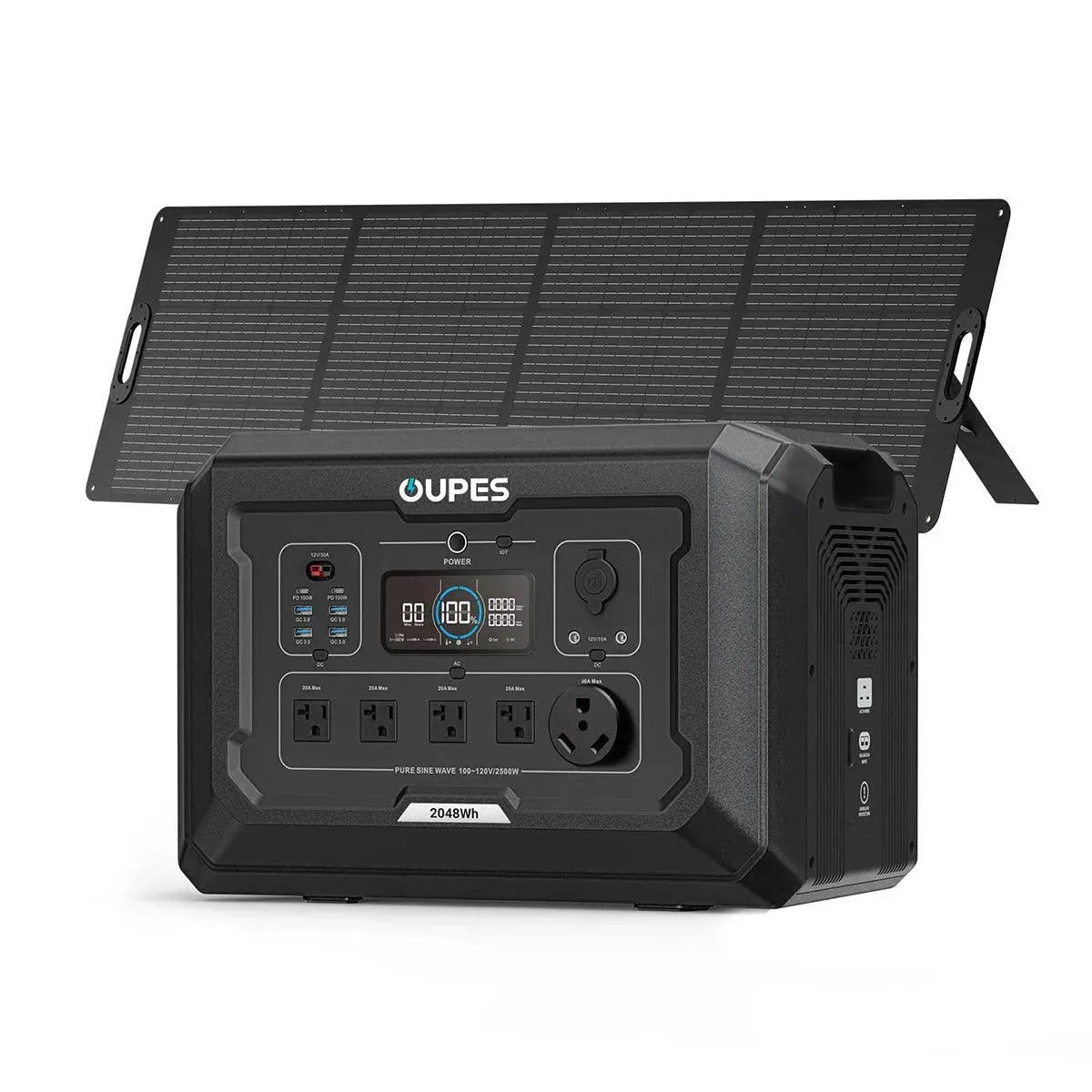
The question of whether a traditional generator is a necessary companion to a solar panel system is a common one, and the answer, like many things in energy solutions, isn't a simple yes or no. It hinges on your specific solar setup, your energy needs, and your tolerance for power interruptions. Let's break down the scenarios to help you understand if a generator makes sense for your home's solar investment.
Understanding Your Solar Setup: Grid-Tied vs. Off-Grid
The type of solar panel system you have, or plan to install, is the most crucial factor in determining your need for a supplemental generator.
Grid-Tied Solar Systems (The Most Common)
Most residential solar installations are grid-tied. This means your solar panels are connected to your utility company's electrical grid. Here's how they typically work:
- When the sun shines: Your panels generate electricity. If your home uses more power than your panels produce, you draw the difference from the grid. If your panels produce more than you need, the excess is sent back to the grid, often earning you credits (known as net metering).
- When the sun doesn't shine (or not enough): At night, or on heavily overcast days, your home draws all its power directly from the grid.
The critical point for grid-tied systems is safety: For the vast majority of grid-tied systems, if the utility grid goes down (i.e., a power outage in your neighborhood), your solar panels will automatically shut off. This is a safety feature called "anti-islanding." It prevents your solar system from sending electricity back onto the grid where utility workers might be trying to repair lines, which could be extremely dangerous. So, even if the sun is shining, your grid-tied solar panels alone will not power your home during a blackout.
Do you need a generator with grid-tied solar?
- For daily operation: No. Your home seamlessly draws power from the grid when solar isn't sufficient.
- For power outages: Yes, if you want backup power. Without a specific backup solution, your home will go dark during a blackout. A traditional fuel-powered generator can provide that essential backup power, running critical appliances like your refrigerator, lights, or medical devices until the grid comes back online.
Off-Grid Solar Systems
An off-grid solar system is completely independent of the utility grid. It's a self-contained power solution that relies entirely on your solar panels for generation and a robust battery bank for storage. These systems are common in remote locations where grid access is impractical or for those seeking complete energy independence.
Do you need a generator with off-grid solar? Often, yes, as a crucial backup. While the goal of off-grid living is self-sufficiency, reality dictates that solar production can be inconsistent. Here's why a generator is highly recommended for off-grid setups:
- Extended Poor Weather: What happens if you have several consecutive days of heavy clouds, snow cover, or other conditions that severely limit solar generation? Your battery bank, no matter how large, will eventually deplete. A generator can then kick in to recharge your batteries or directly power your home until sufficient sunlight returns.
- High Power Demands: Occasionally, you might have power demands that exceed your solar system's instantaneous output or your battery's capacity (e.g., running multiple high-wattage appliances simultaneously). A generator can provide that extra surge when needed.
- Peace of Mind: For true energy independence and resilience, a generator acts as a reliable contingency, ensuring you never run out of power, no matter the circumstances.
Hybrid Solar Systems (Grid-Tied with Battery Storage)
A growing number of homeowners are opting for hybrid solar systems. These combine the benefits of grid-tied solar with the added security of a battery storage system.
How hybrid systems work: When the sun shines, your panels power your home and charge your batteries. Once the batteries are full, excess power can be sent to the grid. During an outage, these systems can automatically switch to battery power, keeping your essential circuits running. The panels can continue to charge the batteries during the outage, providing sustained power.
Do you need a generator with a hybrid solar system? Not typically for most outages, but it can be an added layer of redundancy.
- For most short- to medium-duration outages, your batteries, recharged by your solar panels, should be sufficient.
- A generator might be considered an *additional* backup for very long outages, or if you anticipate extended periods of low solar input (e.g., winter storms) where your batteries might struggle to maintain charge. It serves as a fuel-based fallback to charge your batteries or power loads directly when solar isn't available.
Portable Solar Generators (Often Bundled with Panels)
When you hear "solar generator," it often refers to a portable power station – a compact, all-in-one unit with a built-in battery, inverter, and various outlets. These units are *designed* to be charged by portable solar panels (which are frequently bundled with them).
Do you need a generator with these solar panels? The "generator" *is* the power station itself. The panels are simply the charging source for that unit. These are excellent for:
- Emergency backup for essential devices (phones, laptops, lights)
- Camping, RVing, and outdoor activities
- Powering tools in areas without grid access
They are generally not scaled to power an entire house for extended periods like a full home solar array with a large battery bank.
Key Considerations for Your Decision
Before deciding on a generator, ask yourself:
- How often do you experience power outages? And for how long do they typically last?
- What are your essential loads during an outage? (e.g., just lights and fridge, or also medical equipment, heating/cooling?)
- What is your budget? A generator is an additional cost, as is a robust battery bank.
- What are your local regulations? Some areas have rules regarding generator noise, emissions, or fuel storage.
- What is your environmental preference? Relying solely on solar and batteries is the cleanest option, but a generator offers fuel-based reliability.
Conclusion
For standard grid-tied solar homeowners, a traditional generator serves as a vital backup for power outages, as your solar panels alone won't function when the grid is down. For off-grid living, a generator is often an indispensable partner to ensure continuous power during challenging conditions. Hybrid systems offer significant resilience through batteries, but a generator can still provide an ultimate safety net.
Ultimately, the decision to pair a generator with your solar panels is about balancing your desire for energy independence, your specific backup power needs, and your budget. By understanding the capabilities and limitations of each system, you can build a power solution that provides true peace of mind for your home.




























